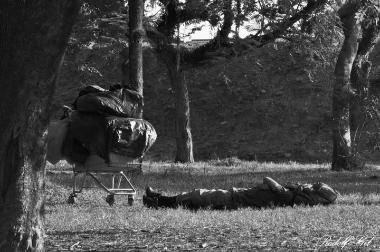O centro de pesquisa
PLURICOURTS da faculdade de direito de Oslo (Noruega) disponibilizou 3 bolsas de pós-doutorado (de 3 anos de duração cada) para pesquisadores interessados no funcionamento e na legitimidade das cortes e tribunais internacionais. As inscrições vão até o dia
5 de Março.
PLURICOURTS - The Legitimate Roles of the Judiciary in the Global Order
Why should international courts and tribunals (ICTs) enjoy such authority as they currently do, or claim? That is, for which sound reasons should domestic or international authorities, or private individuals and bodies, defer to ICTs?
About the project
The primary research objective of PluriCourts is to analyze and assess the legitimate present and future roles of the cascade of international courts and tribunals (ICTs) - an emerging global judiciary – in the international and domestic order.
Our working hypothesis is that ICTs should be subject to legitimacy standards known from domestic constitutional debates, such as democratic control, rule of law values, subsidiarity in relation to national organs, and achievement of their objectives. But these standards must be critically assessed, realigned, specified and adapted to the international context, to ICTs’ interaction with national constitutional orders, and to differences among ICTs, e.g. for world trade or human rights.
This normative assessment of ICTs-the primary research objective of PluriCourts-depends on empirical and legal analyses of three issues, pursued as secondary research objectives.
Human rights, trade, criminal law, investment, and environment
- Research Topic (RT) 1 concerns the Origins of the ICTs: what did states want to achieve with the ICTs, how have they been established and why do we have ICTs for some international challenges -but not others?
- RT2 explores how ICTs Function, operate and are structured.
- RT3 addresses the Effects of ICTs, especially how well they promote their founders’ objectives–possibly adjusted over time.
- RT4 assesses the criticisms against ICTs, using theories and principles of Legitimacy well known from domestic constitutional theory, duly developed for ICTs.
- RT5 builds on the other RTs to develop and assess plausible, sustainable Models for each ICT and for their interaction with national/international bodies, such as more or less centralized and independent ICTs
To address these questions, PluriCourts focuses on five sectors of international law: human rights, trade, criminal law, investment, and environment–where the latter lacks a judiciary.
Financing
PluriCourts is a Centre of Excellence at the Faculty of Law of the University of Oslo funded by the Research Council of Norway.



